5 new tenure-track teachers join the Faculty of Fine Arts
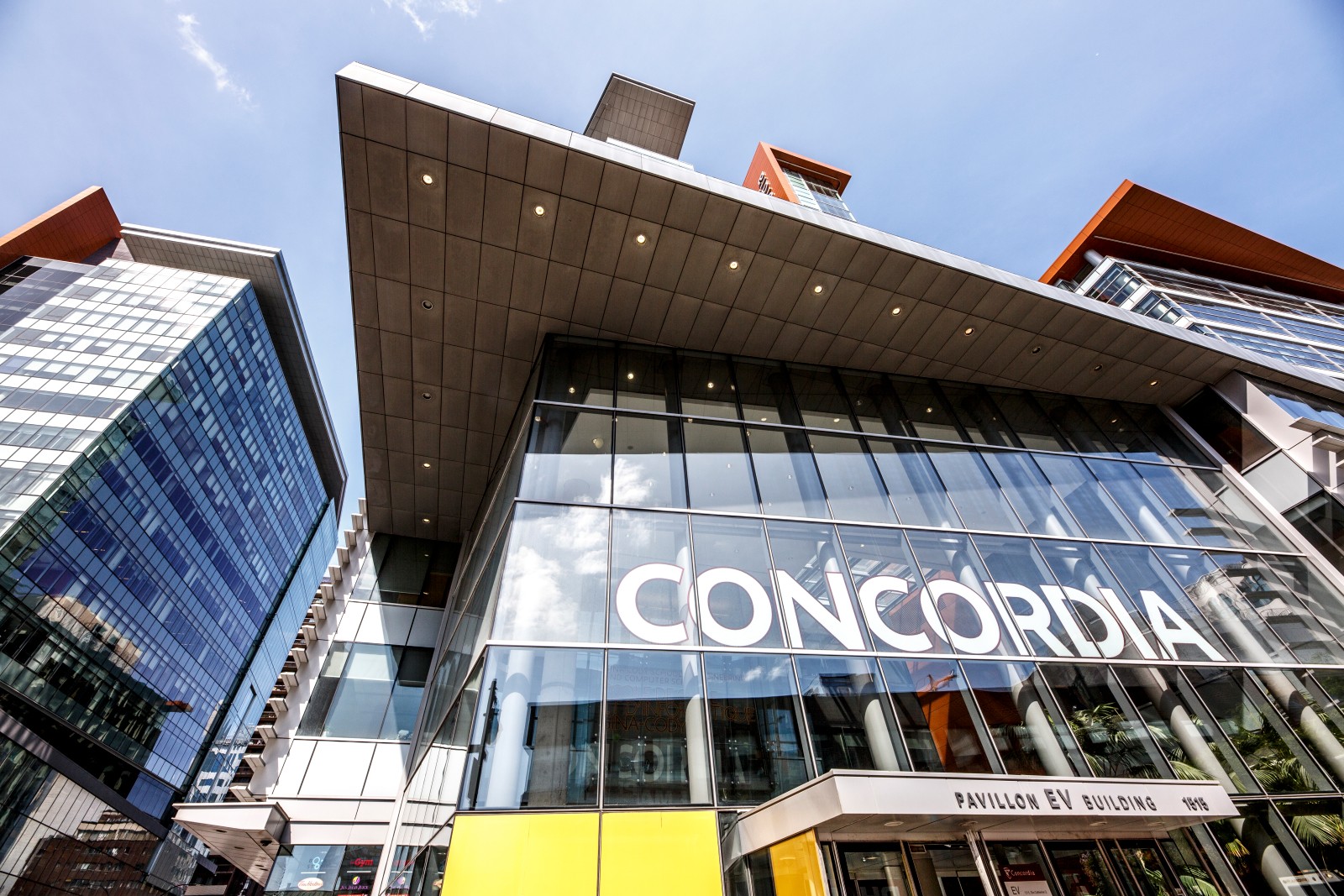
The Faculty of Fine Arts is introducing five new tenure-track faculty appointments for 2024. The teachers will contribute to the Faculty’s diverse areas of expertise, including cinema, art education, interdisciplinary studies and practices, and studio arts.
“The diverse research and teaching expertise these new appointments bring to Concordia will enrich our research impact and inspire our students in their intellectual and creative endeavors, empowering them to become the next generation of leaders and creators,” says Annie Gérin, dean of the Faculty of Fine Arts.
Get better acquainted with our newest faculty.

Farah Atoui, Assistant Professor, Film and Moving Image Studies
Farah Atoui is cultural organizer and a media scholar specializing in contemporary film, video, and visual culture with a focus on moving-image practices from the Arab world. Atoui’s work explores the intersection of politics and aesthetics in contexts of colonization, war, displacement, and crisis. She holds a PhD in Communication Studies from McGill University, where her doctoral research examines post-2011 experimental Syrian documentaries as countervisualizations to the representational regime of the refugee “crisis.” She held a postdoctoral position in Concordia’s Department of Communication Studies and is an independent curator and film programmer. Atoui is affiliated with the Feminist Media Studio and the Raah Lab at Concordia, and is a member of the Regards Palestiniens and Regards Syriens screening collectives.
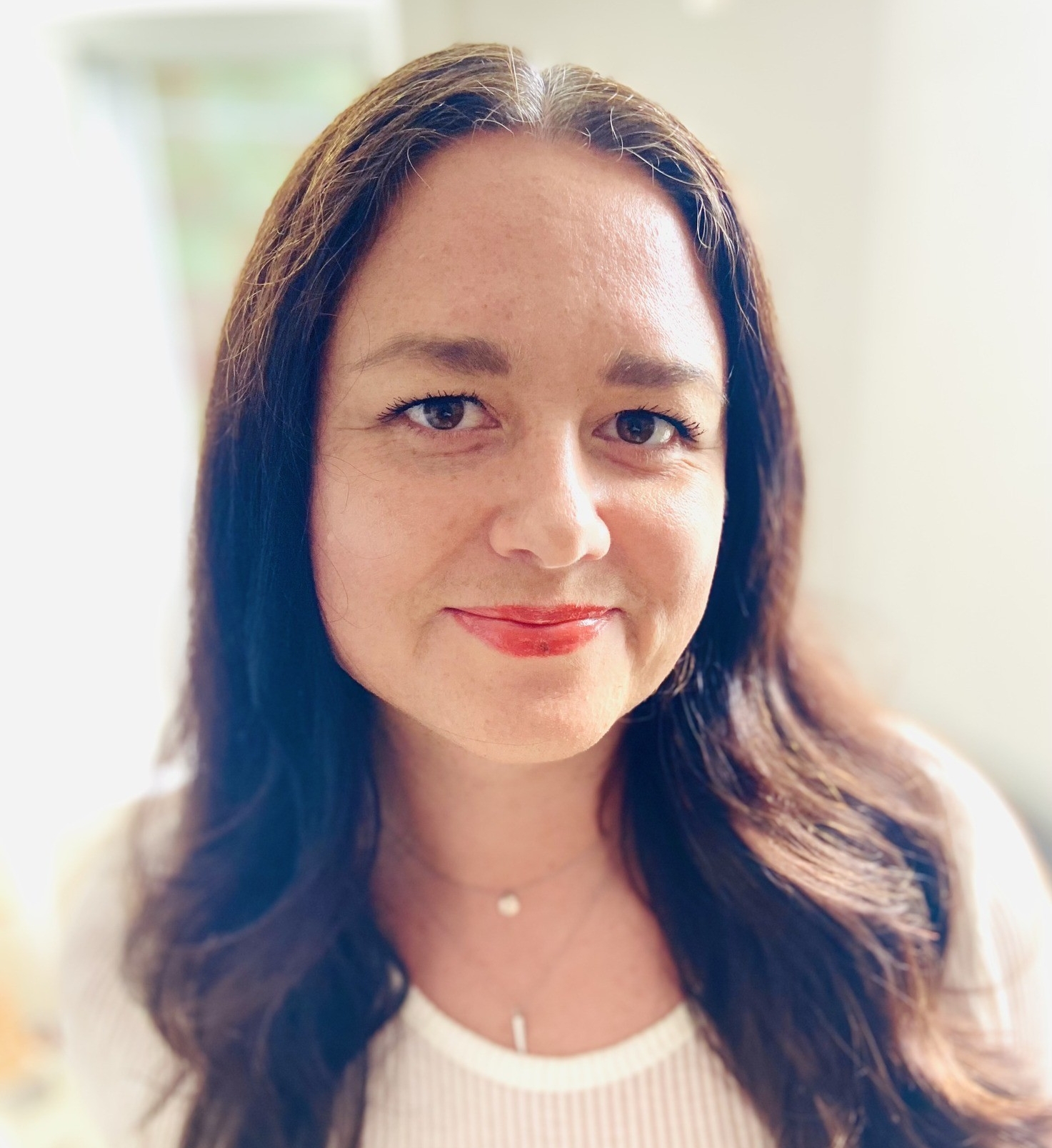
jessie beier, Assistant Professor, Art Education
jessie beier is an artist, philosopher, and conjurer of weird pedagogies for unthought futures. Her research integrates educational theory with feminist science and technology studies, queer ecological theory, energy humanities, artificial intelligence, machine learning and extinction studies to speculate on pedagogical possibilities in an era of ecocatastrophe. Her artistic practice often includes sonic, video, textual, sensory, technological and relational elements to create speculative pedagogical scenarios and immersive environments focused on collective sense-making and knowledge co-construction. Beier has presented her work locally and internationally and has participated in interdisciplinary research-creation projects. Author of Pedagogy at the End of the World: Weird Pedagogies for Unthought Educational Futures (2023) and co-editor of Sound Research for Troubling Times: Hope in Crisis (forthcoming 2024), she received a PhD from the University of Alberta and was an assistant professor in Art Education at Concordia.
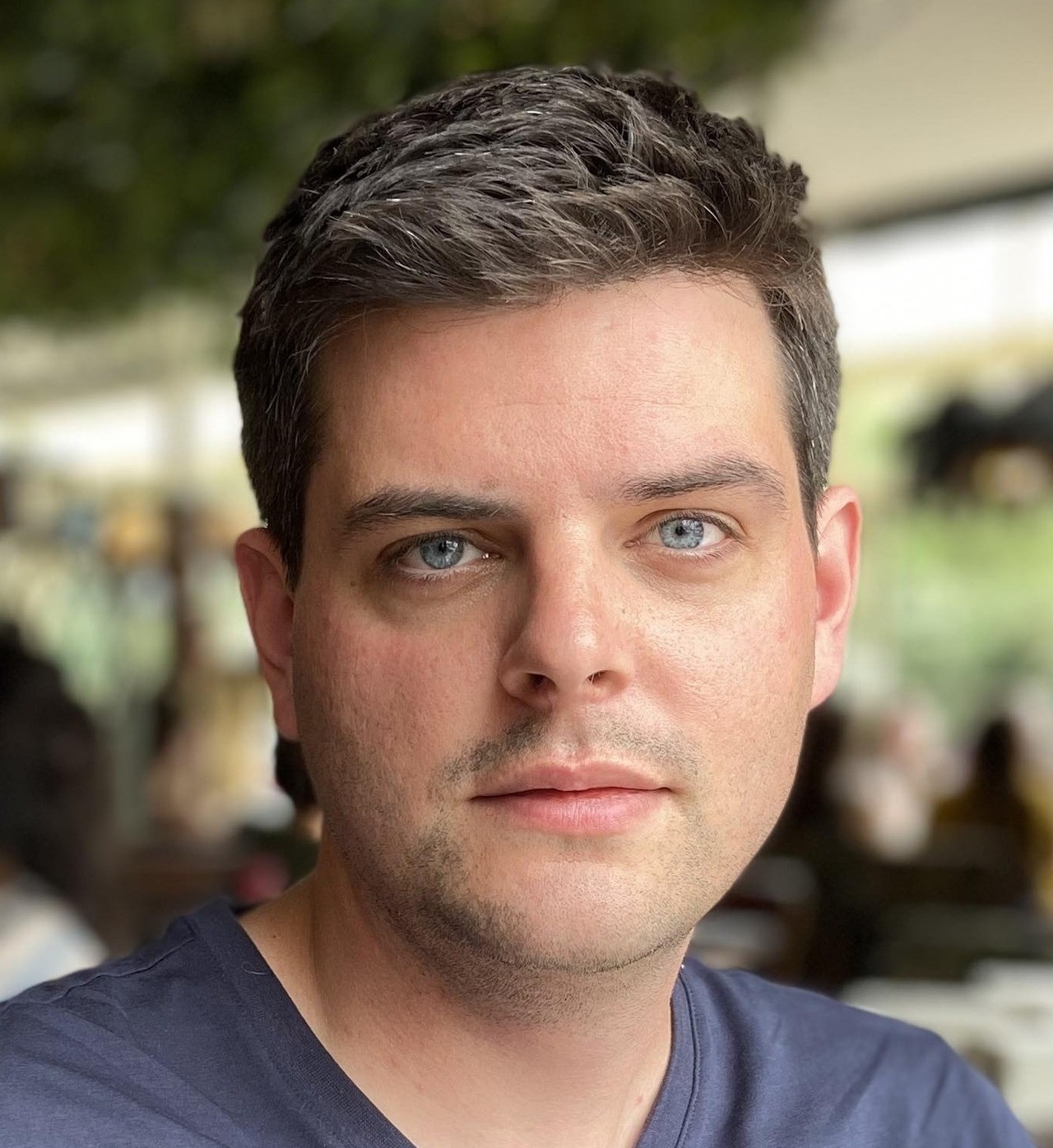
David LeRue, Lecturer, Art Education
David LeRue is an artist, teacher and researcher working across painting, research-creation, qualitative research and community-engaged pedagogical practices. His work theorizes community contradictions through participatory arts-based research, drawing on oral history. His doctoral project, “Landscape as Method and Model,” invited community participants to create personal research-creation works, resulting in his method of community-based research-creation. LeRue has taught various subjects at Concordia since 2017, using principles of critical pedagogy and Universal Design for Learning (UDL). As a painter, he has exhibited widely across Canada, focusing on 2D-landscape painting practices and the built environment.
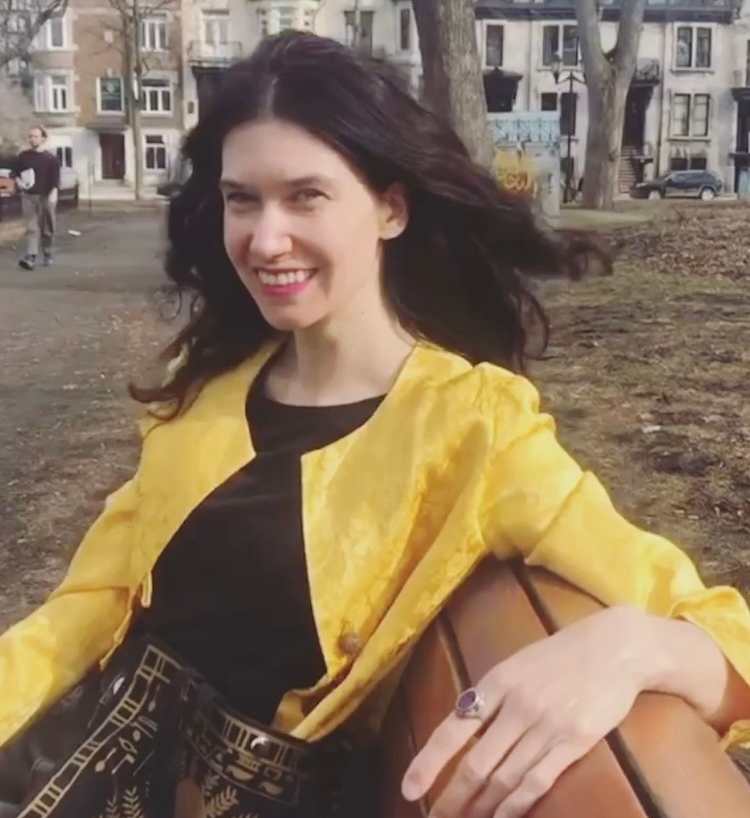
Sandra Huber, Lecturer, Art Education and Interdisciplinary Fine Arts
Sandra Huber is an educator, researcher and writer. Her interests include interdisciplinary and creative pedagogies, writing, embodied research and occulted practices. As area coordinator of the Keywords area (FFAR 248/249), she explores how keywords foster interdisciplinary conversation and cultural work. Huber’s research focuses on witchcraft, magic, sleep and dreams. She holds a PhD in Interdisciplinary Humanities from Concordia, an MA in Creative Writing from the University of Toronto, and a BA in English from Simon Fraser University.
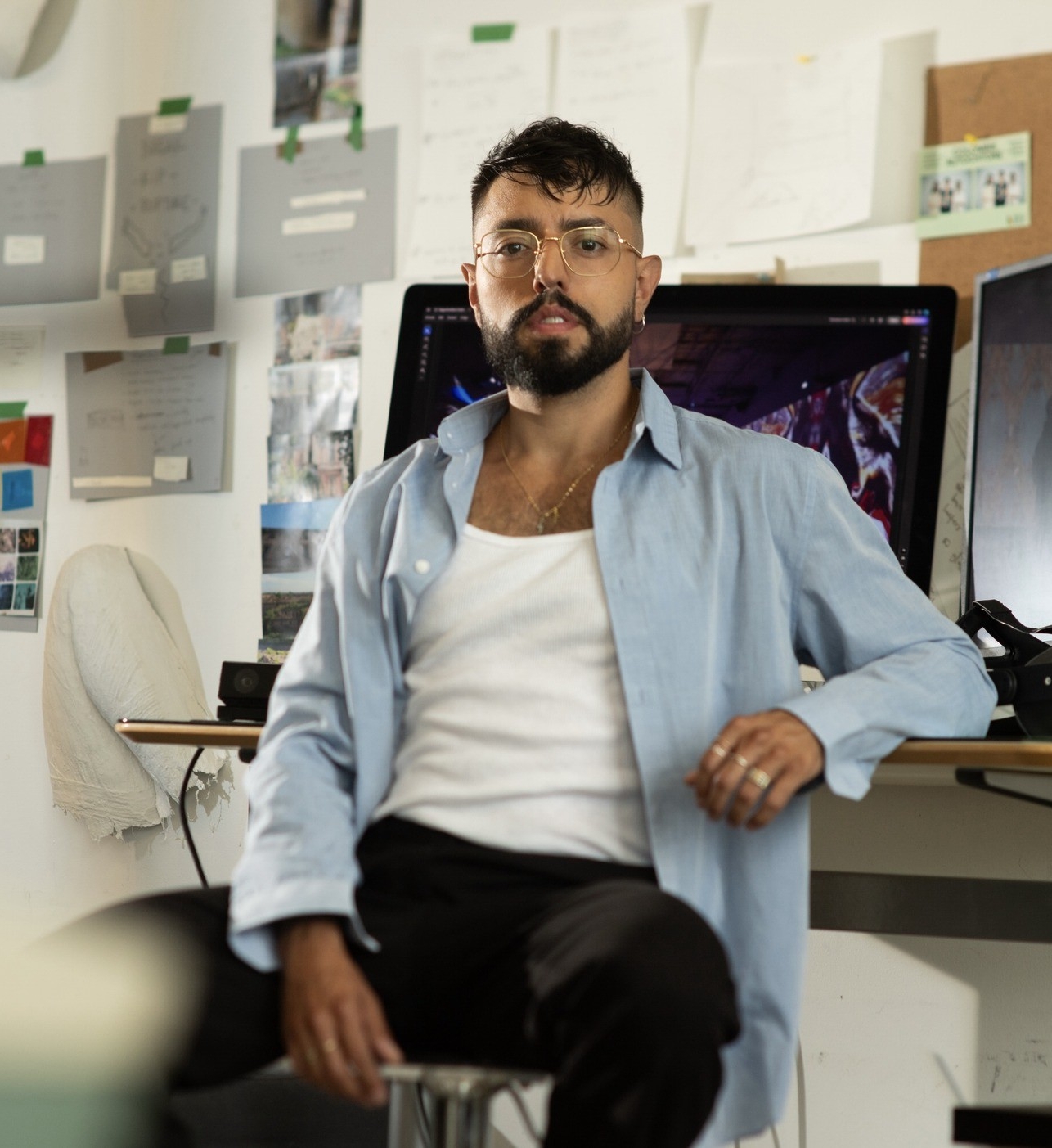
Santiago Tavera, Assistant Professor, Studio Arts
Santiago Tavera is a Colombian-Canadian artist, researcher and curator based in Montreal. His work explores the intersection of queer and diasporic experiences with new media and collaborative creations. Tavera combines digital media, embodied practices and material explorations to create Extended Reality (XR) projects, challenging colonial notions of the "Other" from a Latinx-futurist perspective. His immersive and interactive installations evoke virtual simulations of migrant and queer narratives of dislocation, offering alternative paths of navigation and identification beyond heteronormative structures. Tavera’s projects employ mixed media, including videos, 3D animations, text, sound, performance, textiles, archival material and architectural elements. Supported by the Canada Council for the Arts and other institutions, his work has been presented nationally and internationally. In 2023, Tavera was longlisted for the Sobey Art Award. He holds an MFA from Concordia and a BA with an Honours Specialization in Visual Arts, Major in Psychology from Western University. Tavera joins the Department of Studio Arts with a focus on critical experimental practices in intermedia (video, performance, and electronic arts).
